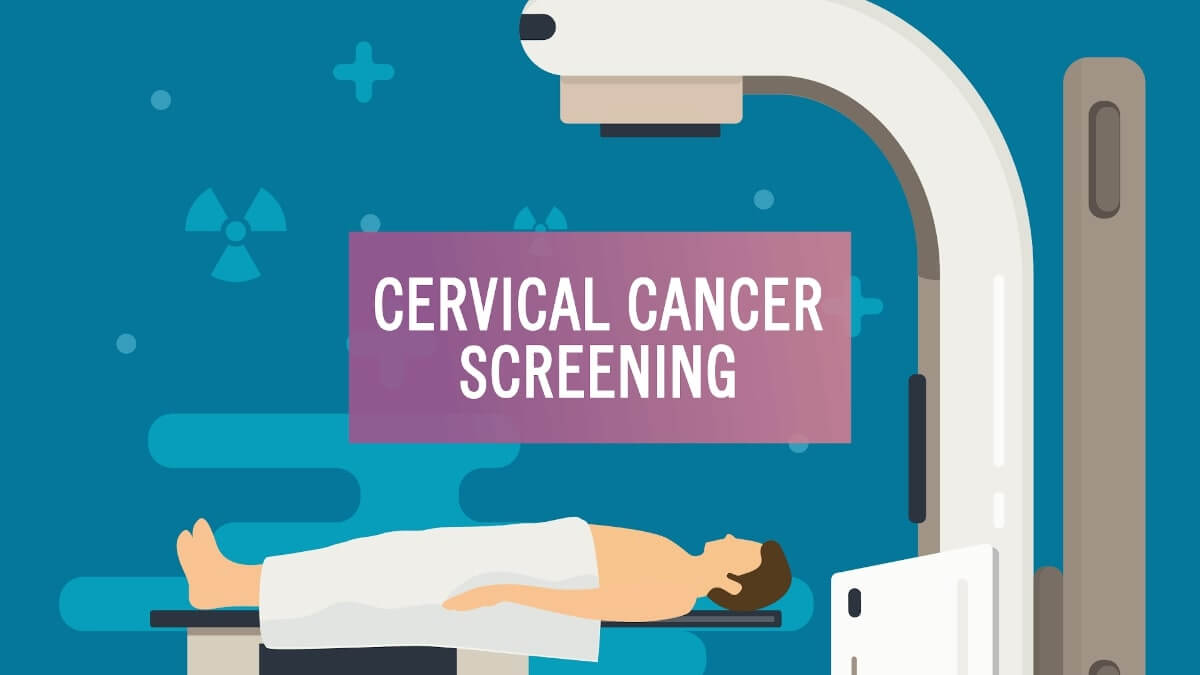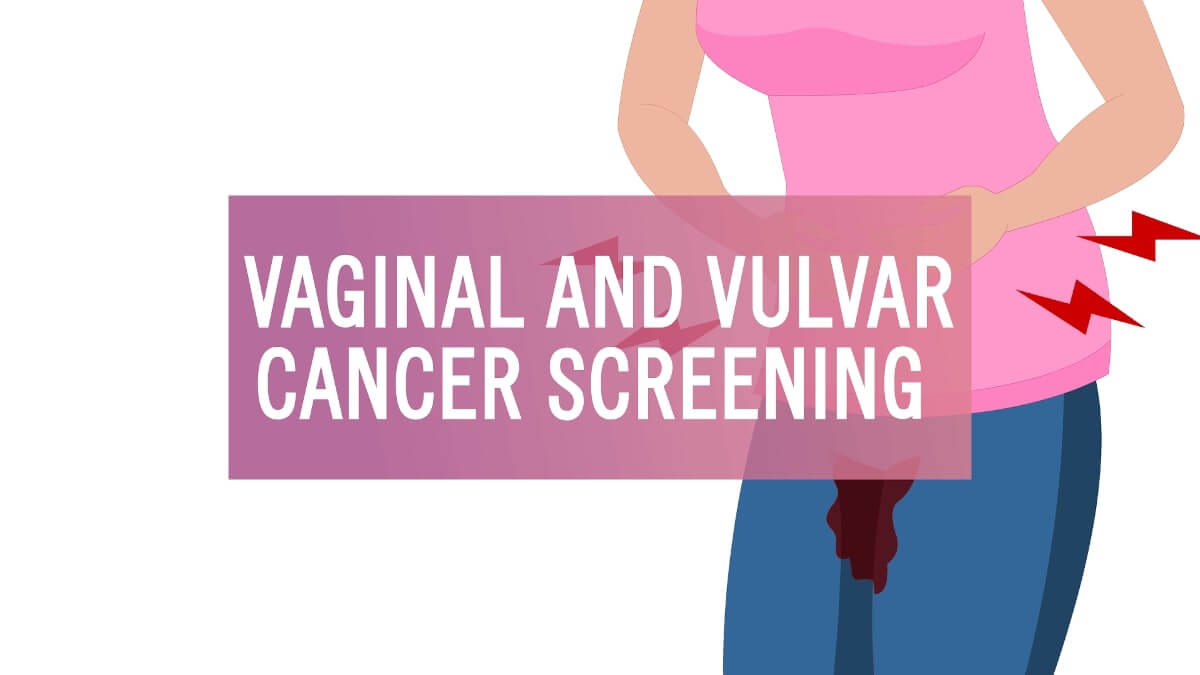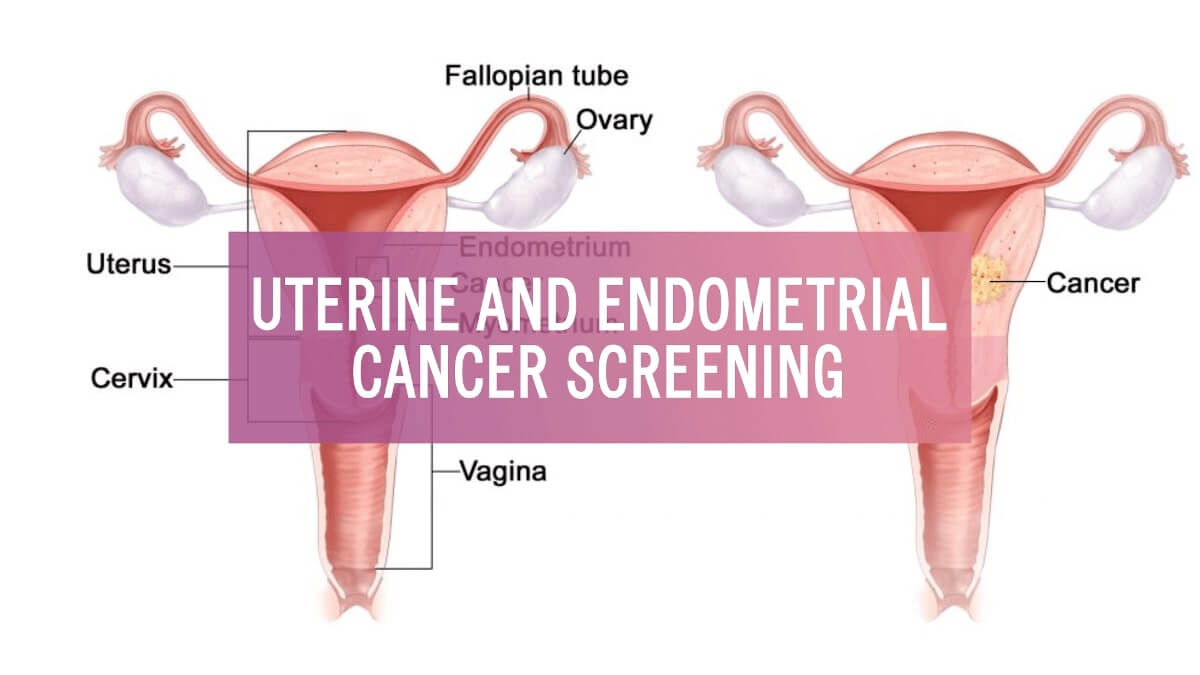Cervical cancer affects the cells of the cervix in females. The cervix is the lower part of the uterus that connects to the vagina. Cervical cancer affects the cells of this region. Most cervical cancer cases are caused due to various strains of the Human Papilloma Virus (HPV). HPV is a very common sexually transmitted disease that is also seen in warts in the genital area. Over a few years, the HPV virus causes some cervical cells to change into cancerous cells in some cases. Immunization against the HPV virus and regular screening tests help ensure timely diagnosis and proper cervical cancer treatment
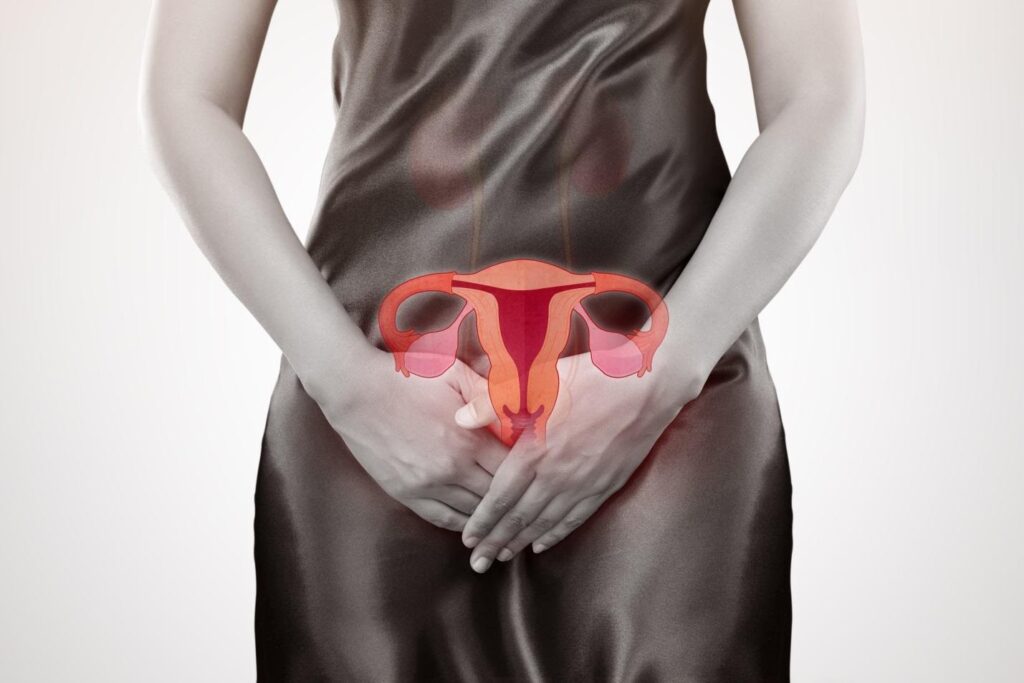
What are the causes of cervical cancer?
When the healthy cells in the cervix develop mutations in their DNA and alter their composition, it leads to cancer. Screening tests help to detect cancer-related abnormalities in the cervix. These tests also help in diagnosing cancer, even before it has shown any signs or symptoms.
Though it is still unclear what causes cervical cancer, it can be said with much certainty that HPV plays a vital role in its etiology. Certain lifestyle choices and exposure to some toxic environments are also associated with cervical cancer. Common causes of cervical cancer are:
1. Human papillomavirus (HPV) – a very common sexually transmitted viral infection of the female lower genital tract.
2. Lifestyle choices and exposure to certain toxic environments
3. Multiple sexual partners
4. Unprotected or unsafe sex

Prevalence of cervical cancer
Cervical cancer is the fourth most common type of cancer prevalent worldwide. India reports annually about 120,000 new cervical cancer cases and about >60,000 women dying of this disease. Effective vaccination programs, screening tests, and treatment of lesions in the precancerous stage can help prevent cervical cancer cases. Cervical cancer cases, when detected and treated in time, can be easily averted. To ensure this, proper health management and regular screening tests are important.
With a comprehensive approach involving prevention, screening, and treatment, cervical cancer as a disease can be eliminated from the world of cancers.
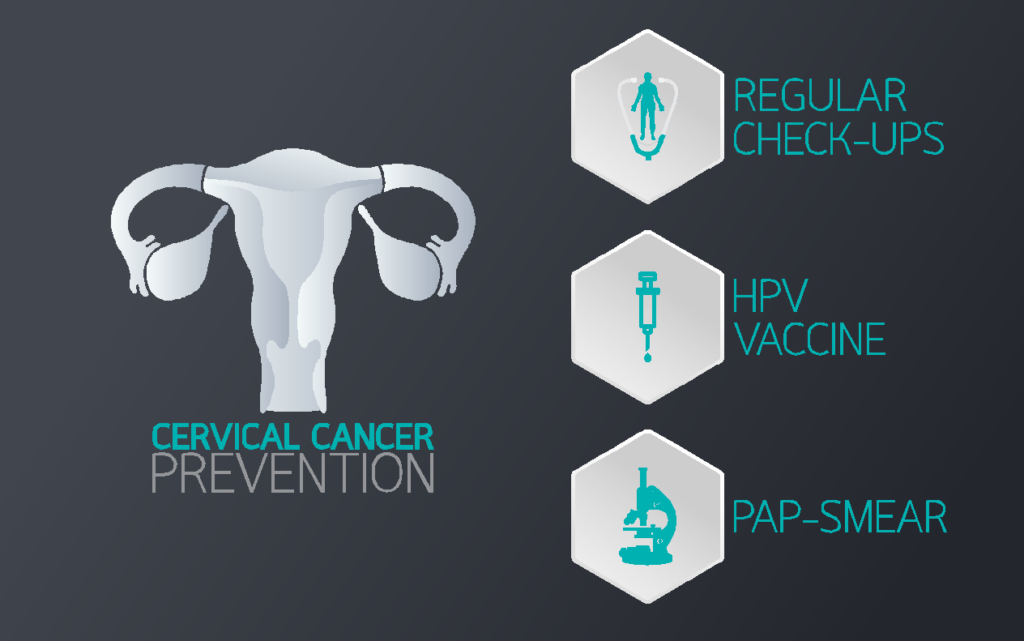
How can cervical cancer be prevented?
Routine immunization with HPV vaccine from 9 to 26 years of age and catchup immunization till 45 years of age
•The best means to prevent cervical cancer is to undergo regular cervical cancer screening tests to help diagnose the problem before it aggravates.
• Delaying the first sexual intercourse to late teens or even later.
• A limited number of sexual partners.
• Practicing safe sex.
• Avoiding sexual contact with people who have been exposed to a lot of sexual partners.
• Limiting or, if possible, quitting smoking.
•Avoiding sexual contact with individuals who have genital warts or show other such symptoms.
Screening for cervical cancer
All women above the age of 30 to 70 years should undergo routine screening tests for cervical cancer.
• Pap test – this test helps detect the early changes in cells that have the potential of becoming cancerous. In a Pap smear test, cells from the cervix are collected and studied to detect any precancerous or cancerous abnormalities.
•HPV test – some sample cells are removed from the cervix and studied to find any abnormalities. The sample is usually examined to find those strains of HPV responsible for causing cervical cancer.
These tests should be done routinely at regular intervals of 3-5 years.
Screening tests help to detect cancer-related abnormalities in the cervix. Some tests also help diagnose a condition even before it has shown any signs or symptoms. The main aim of cancer screening tests is to- detect cellular abnormalities at an early stage, reduce the percentage of people who develop cancer, and finally reduce the death rate caused by this disease.
Cervical cancer is the only preventable cancer. It can be easily prevented by routine early immunization and undergoing regular screening tests. Thus, it is extremely important for all women above the age of 30 to undergo regular tests and screening to steer clear of any serious cervical cancer complications.
Special Thanks to Dr. Anita Singh (MS, DGO, DNB) for the expert advice.


